On a rainy but exciting Monday morning, Bronx River News Editor-in-Chief Cesar Jimenez and advisor Deborah Porterfield recorded a segment of “Morning Edition” for the popular New York radio station WNYC. The interview focused on the newspaper’s choice to publish a group project about ICE’s impact on the school and community without publishing names of anyone who contributed to the package.
This choice was made after Tufts University student Rümeysa Öztürk was arrested by ICE agents, reportedly for an editorial she helped write for her college newspaper. The Turkish citizen, who is here on a student visa, spent six weeks in an immigration detention center before a judge ordered her release on May 9.
Shortly after the student’s arrest on March 25, the Student Press Law Center, along with several other national scholastic journalism associations, issued a media alert warning student publications that publishing names on some controversial topics could put some interviewees and reporters at risk.
Ms. Porterfield, a journalist for more than 20 years, presented the information to the students and let them decide what to do. The students all voted to publish the package anonymously.
“Over everything, I value my students’ safety,” Ms. Porterfield said. “I’m very careful with what we publish. Not to minimize our impact, but to express our opinions factually and safely.”
The article about ICE included an intro that explained the paper’s unusual decision not to publish any names: “Because of recent retaliations against student journalists who shared controversial opinions, the staff has decided to publish their work anonymously as a statement of solidarity for those who have been or could be targeted for practicing their constitutional rights to free speech and a free press.”
The statement caught the attention of Beth Fertig, deputy director of Press Pass NYC, a nonprofit that supports high school journalism. She reached out to the radio station, which set up an interview.
On the day of the interview on May 5, associate producer Veronica De Valle helped the process move smoothly, setting up the equipment and providing tips on how to speak into the mic.
During the interview, Cesar touted the virtues of the school newspaper. “It gives everyone a voice and allows for opinions to be heard.”
“If you want to get involved in student culture, I feel like journalism is one of the best ways,’’ he said. “It lets you invest your time into something people read, and allows you to get out of your comfort zone and grow as a person.
The interview aired on Morning Edition on May 7. Here’s a link: https://wnyc-news.simplecast.com/episodes/how-one-bronx-high-school-newspaper-navigates-concerns-over-journalistic-freedom-personal-safety-and-the-digital-footprint

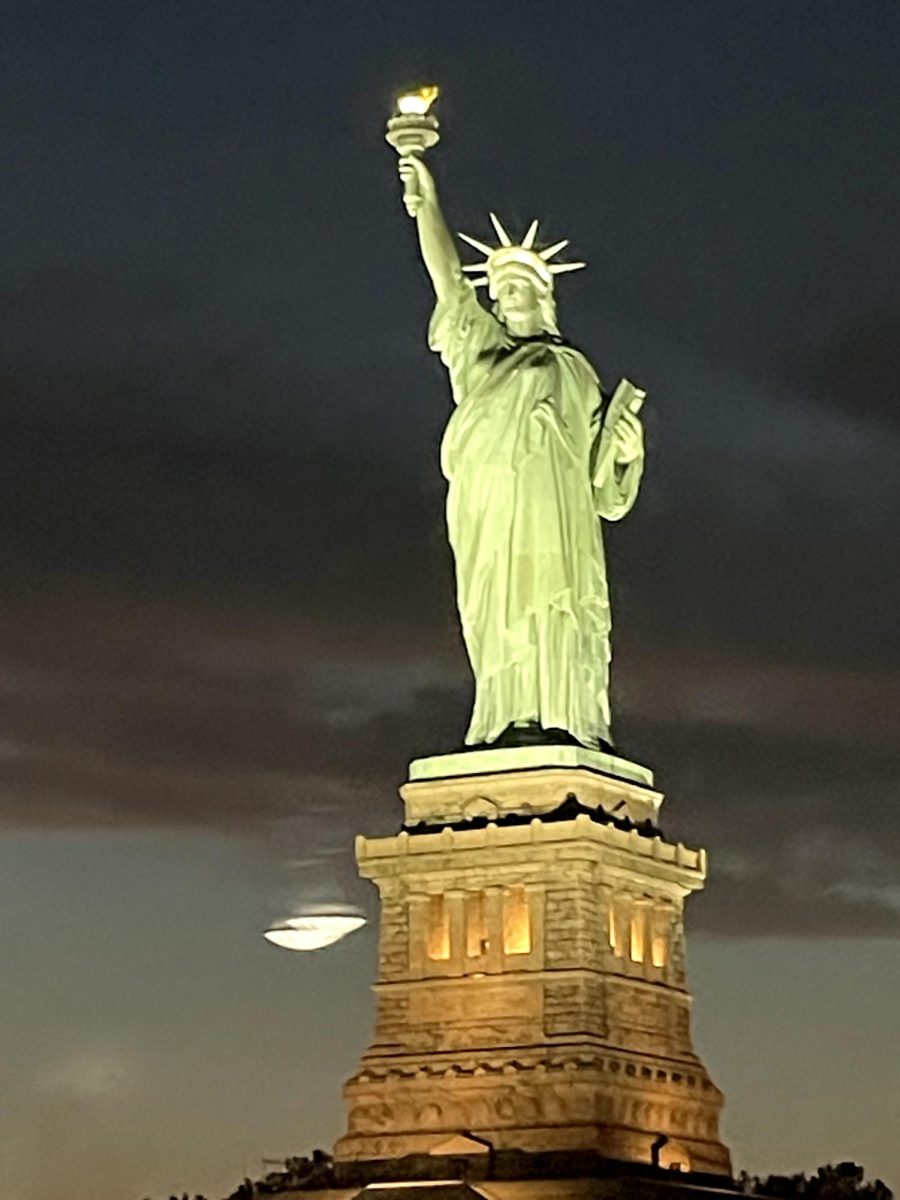
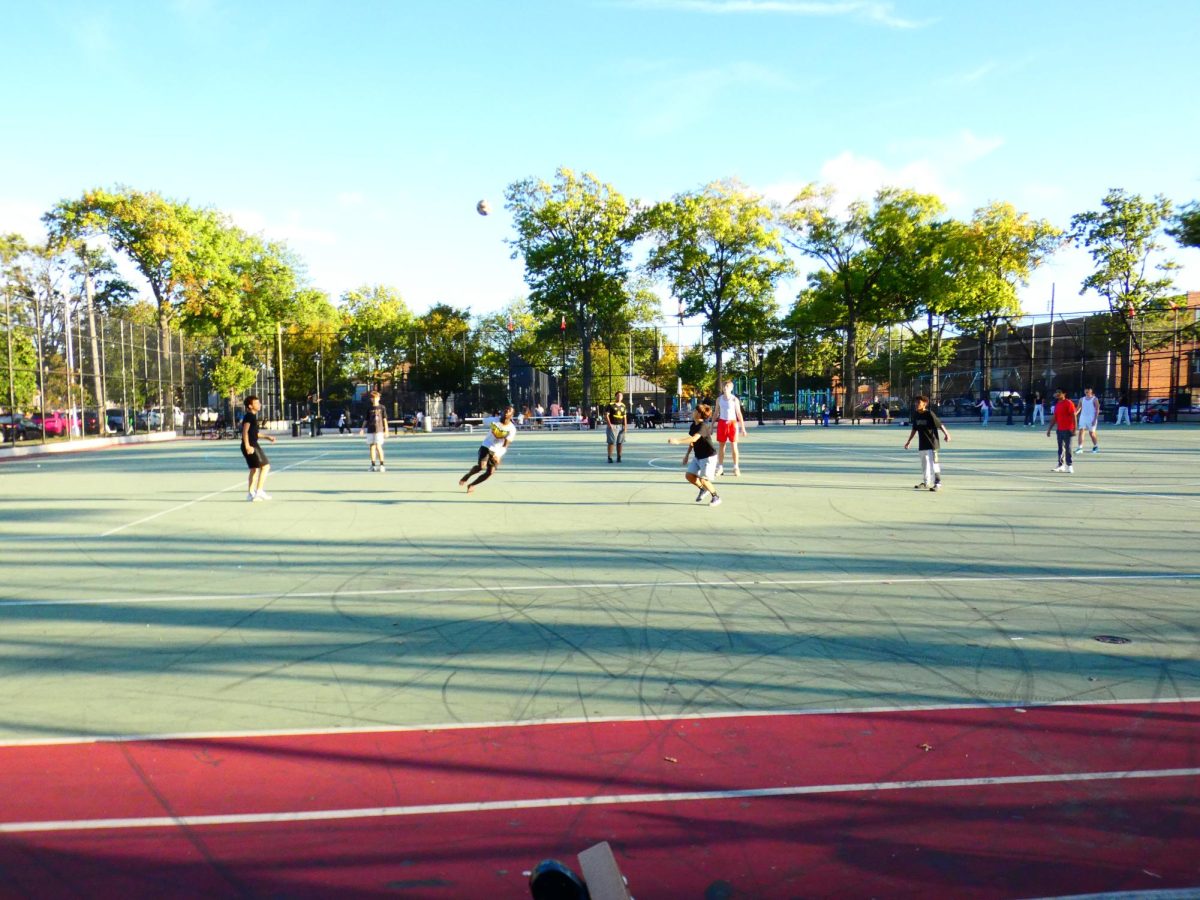


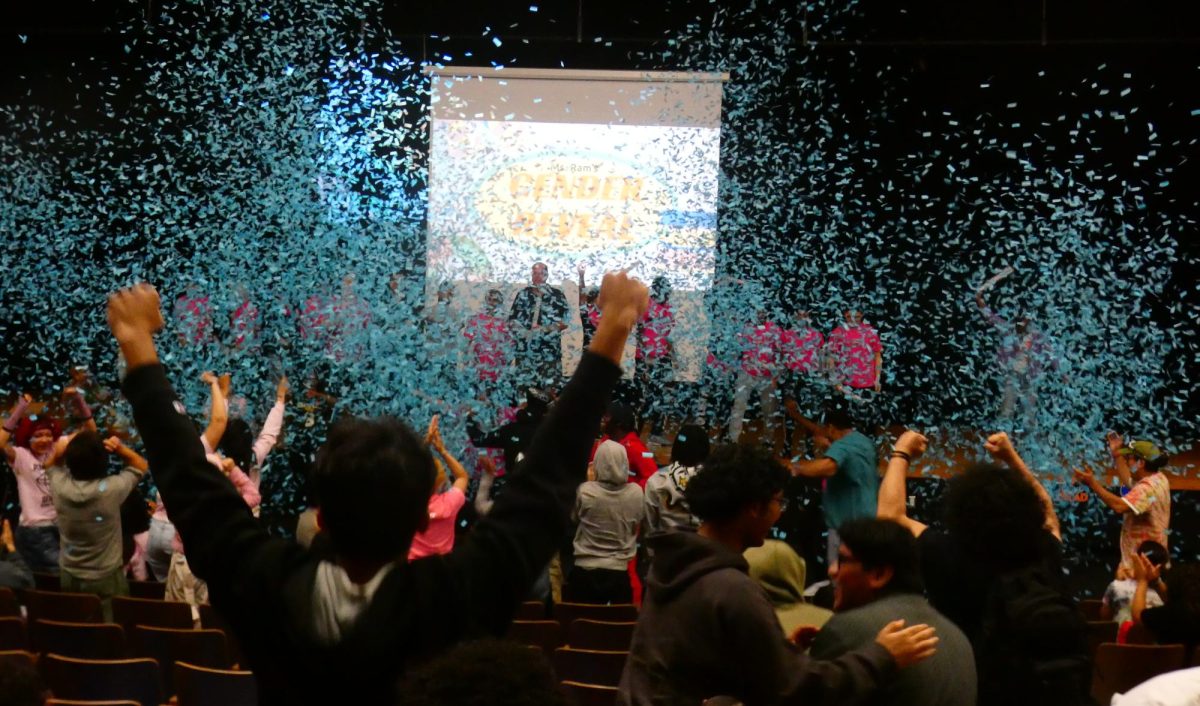
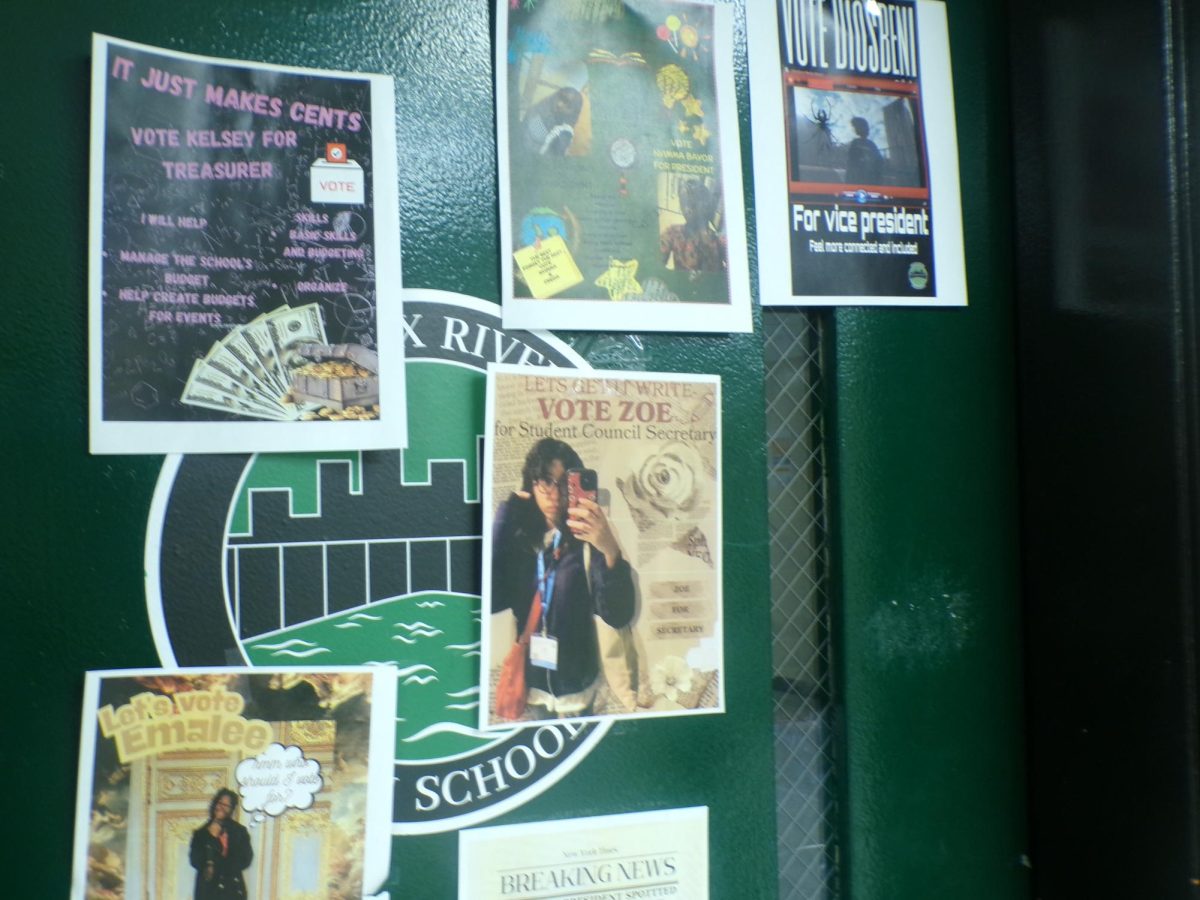
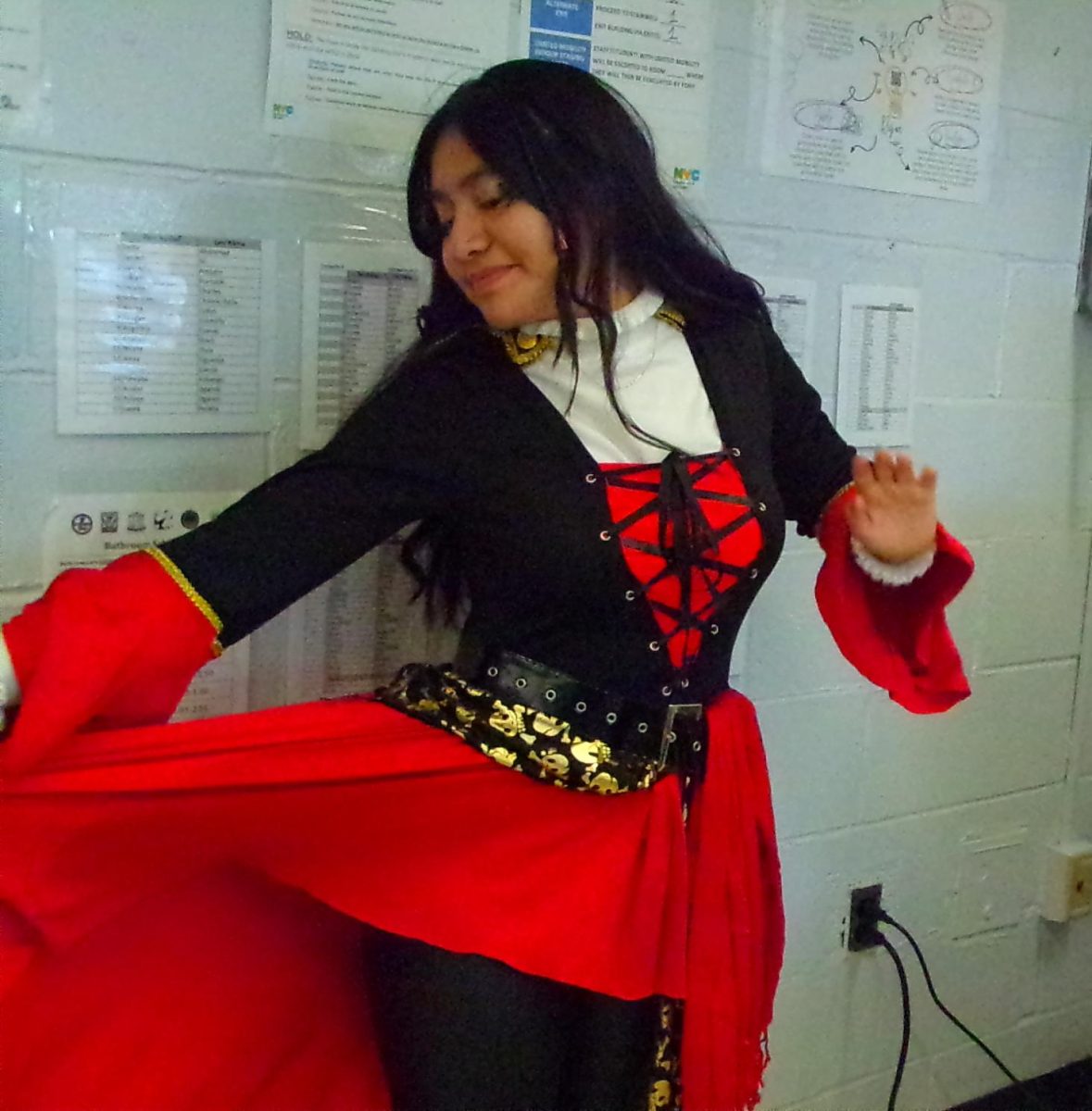
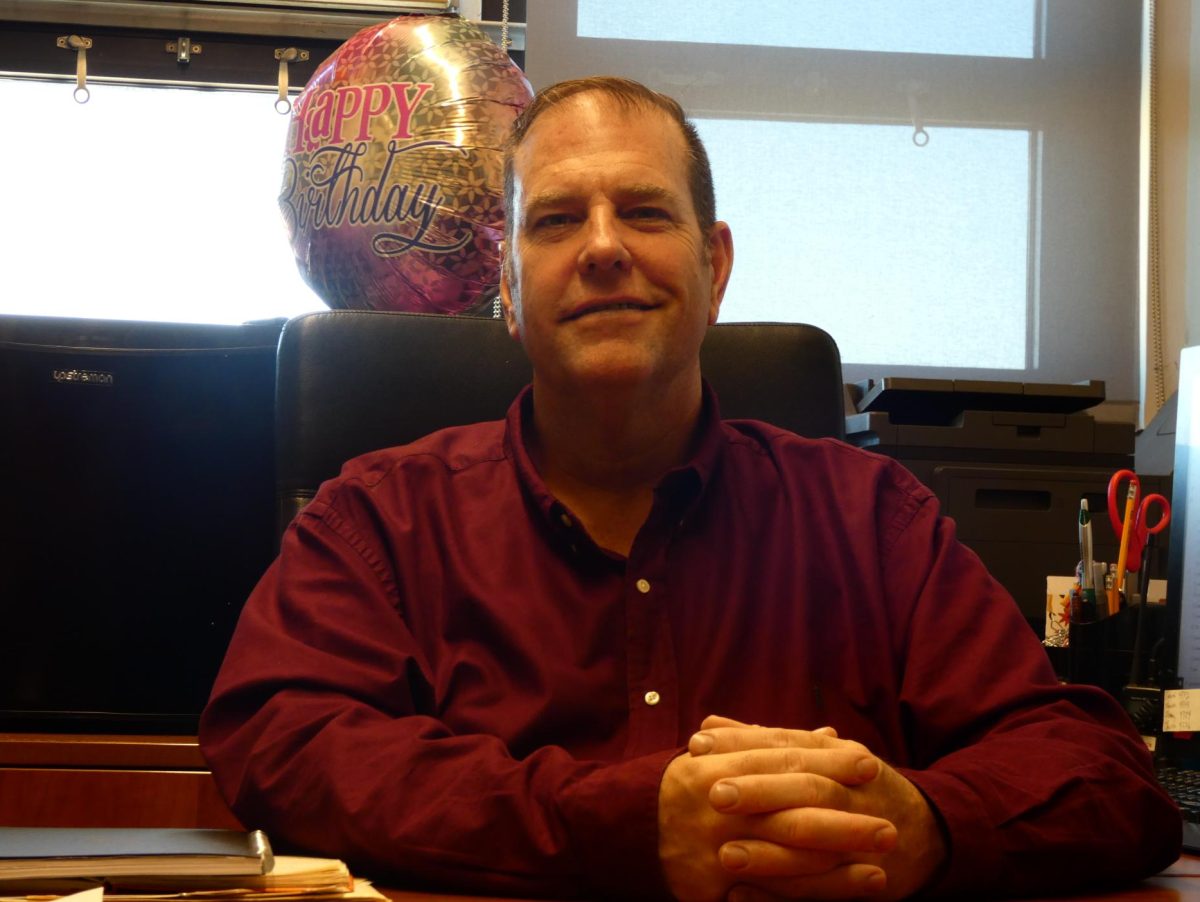
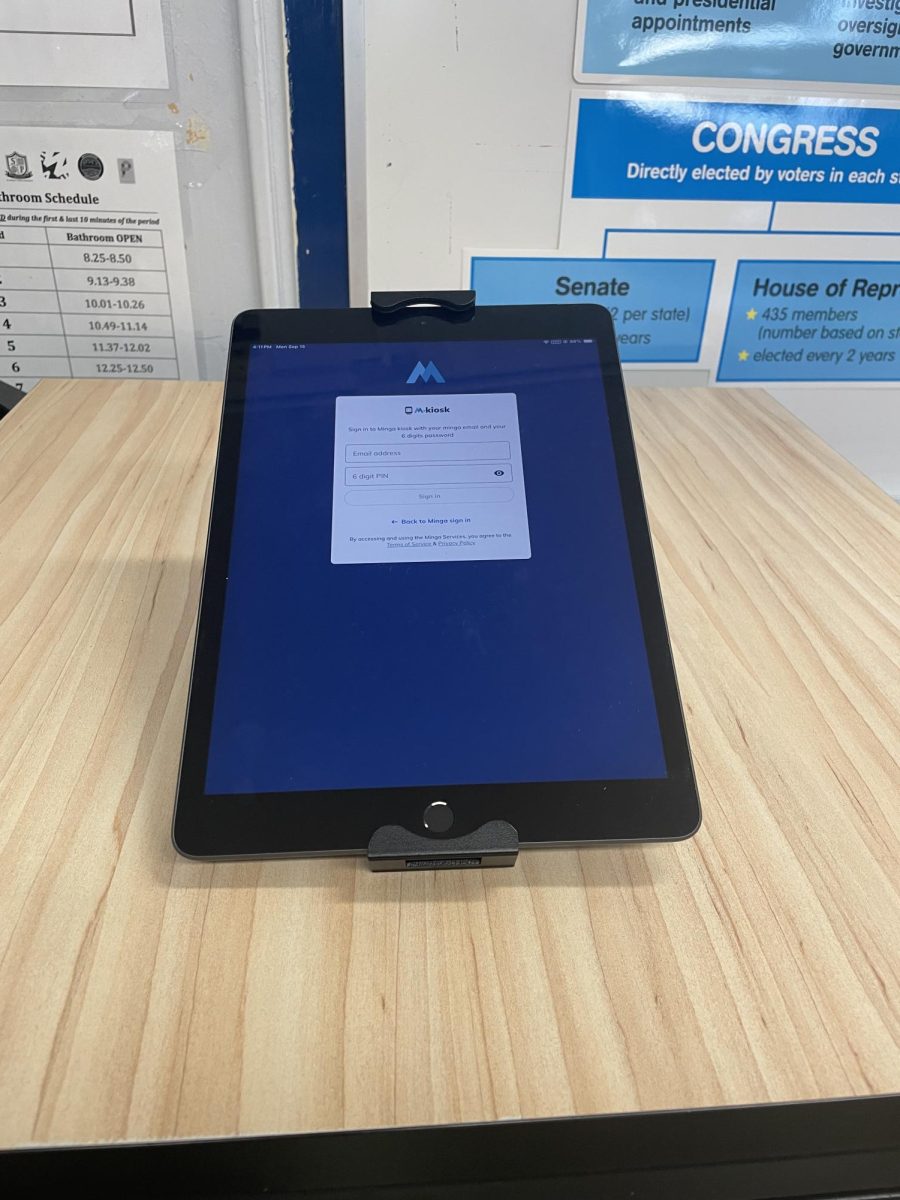

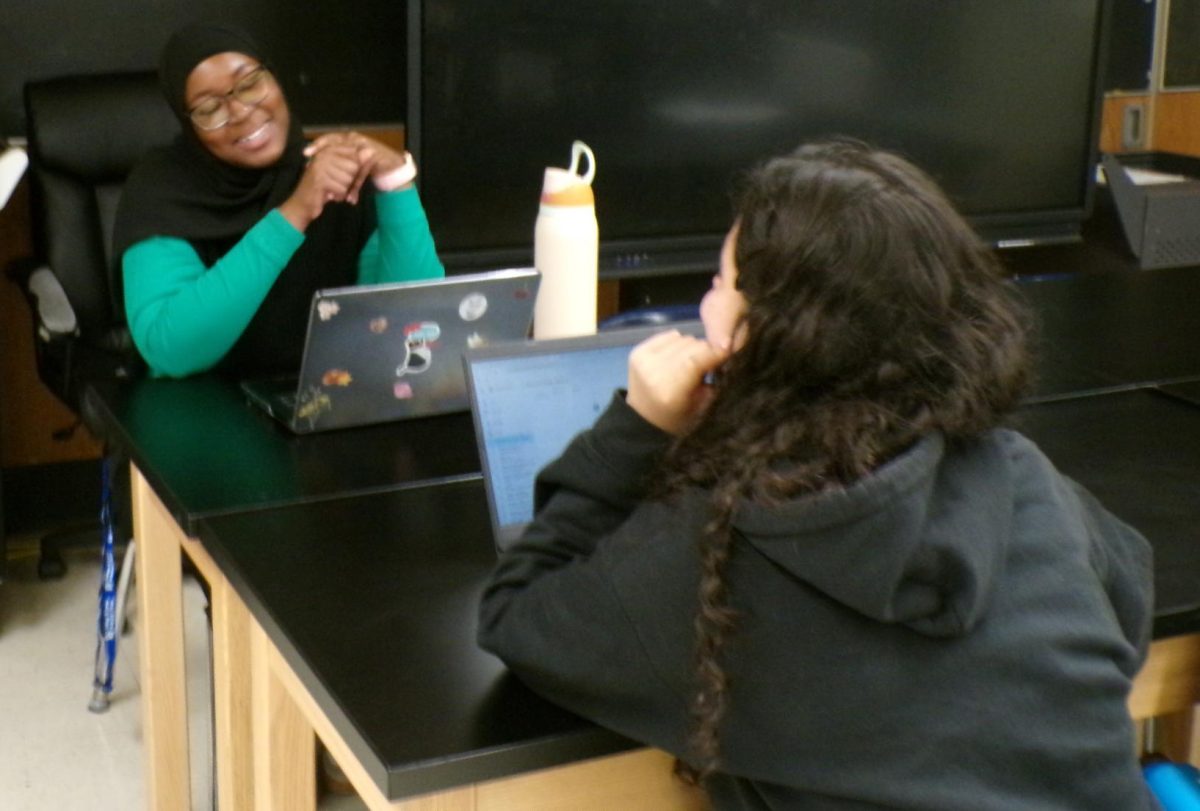
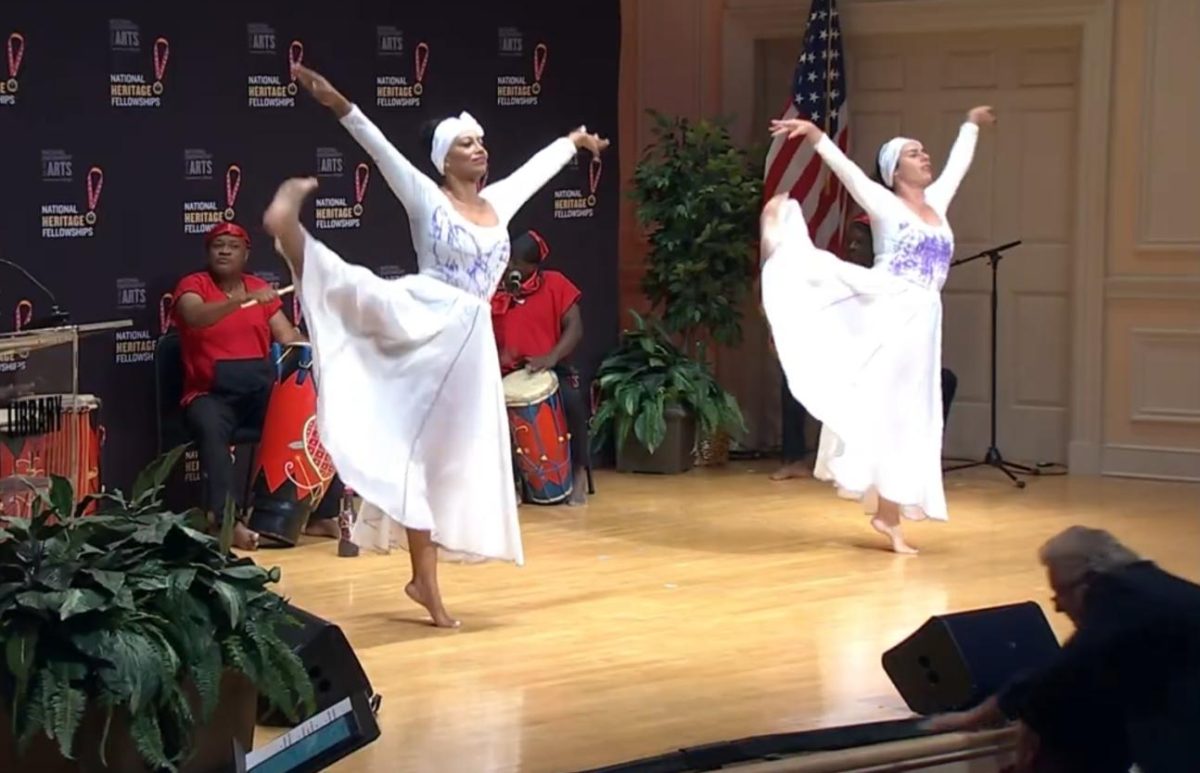
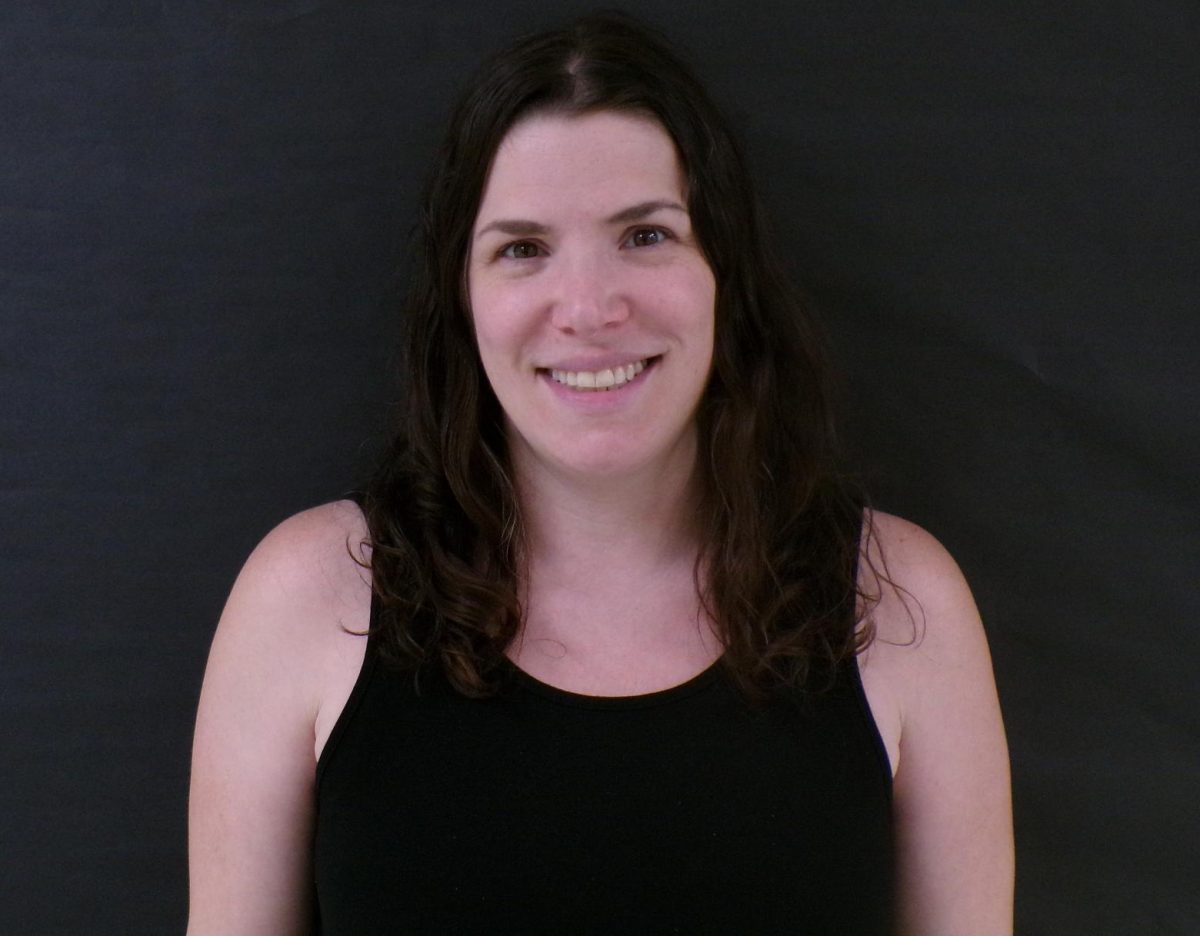
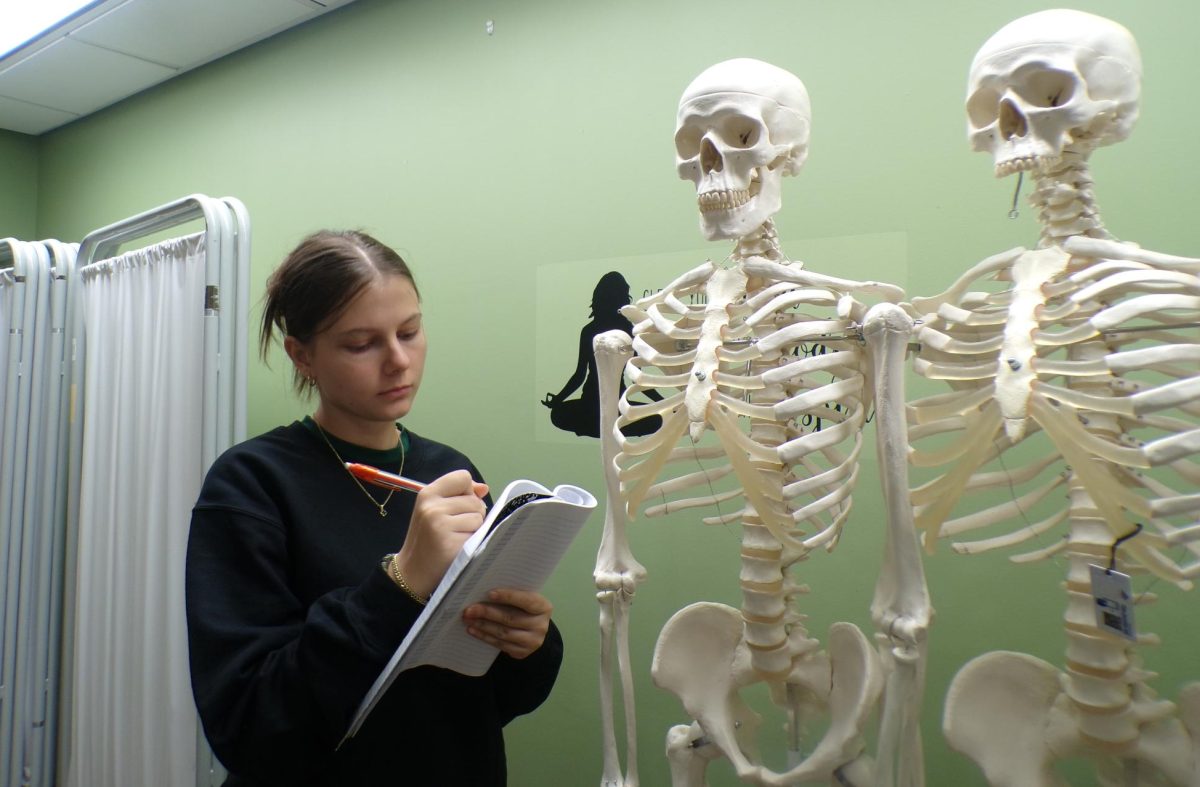
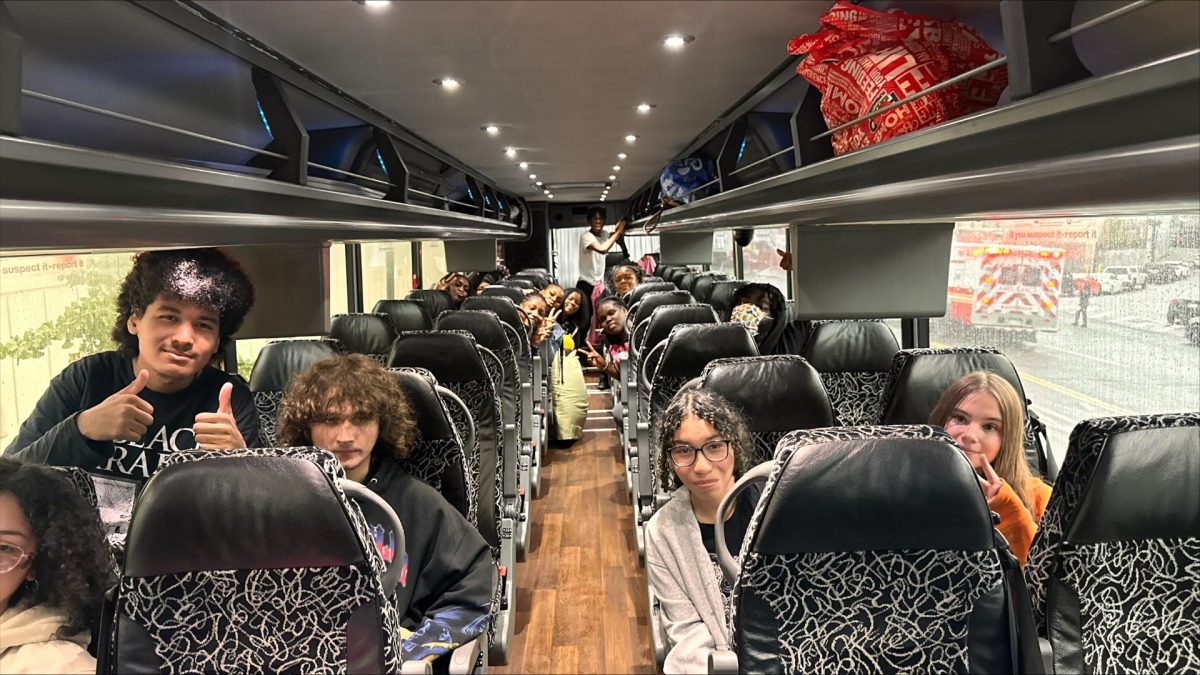
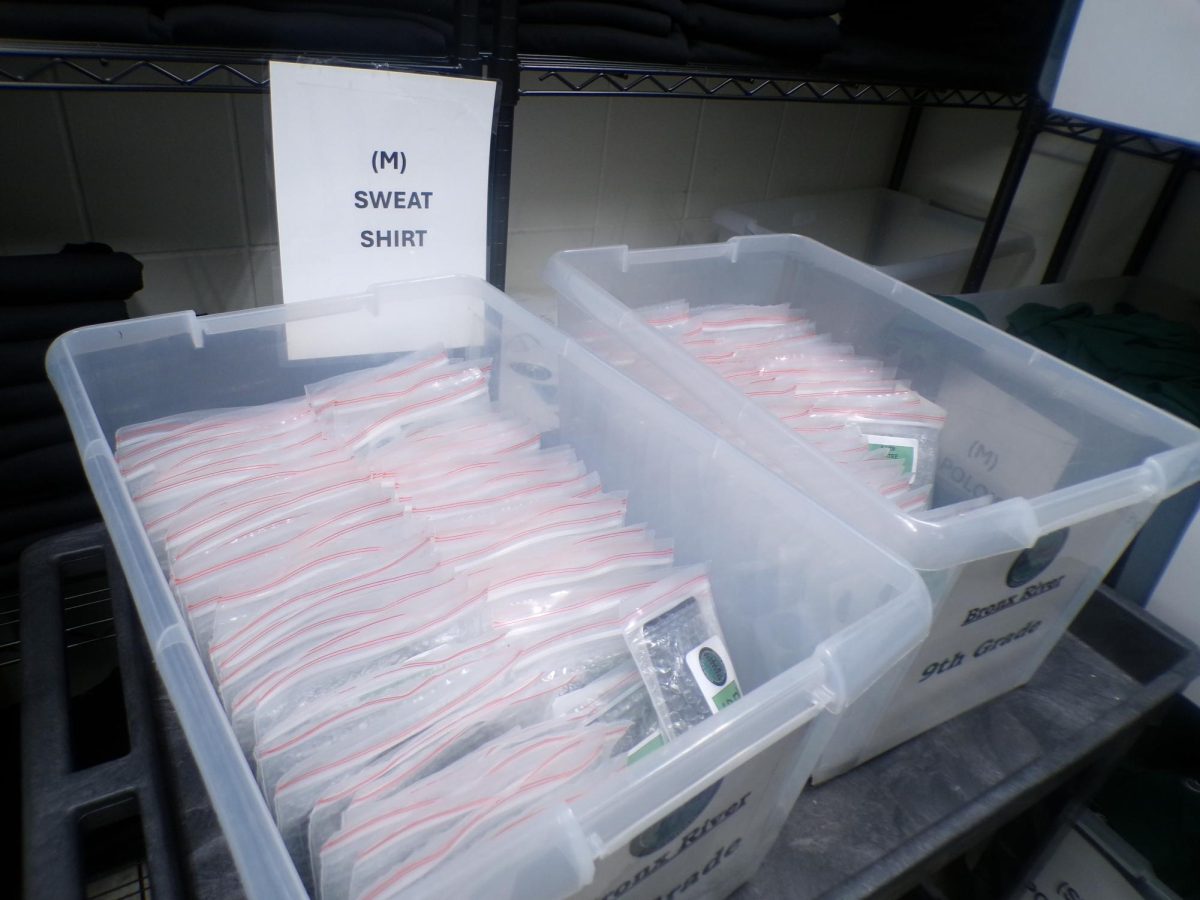

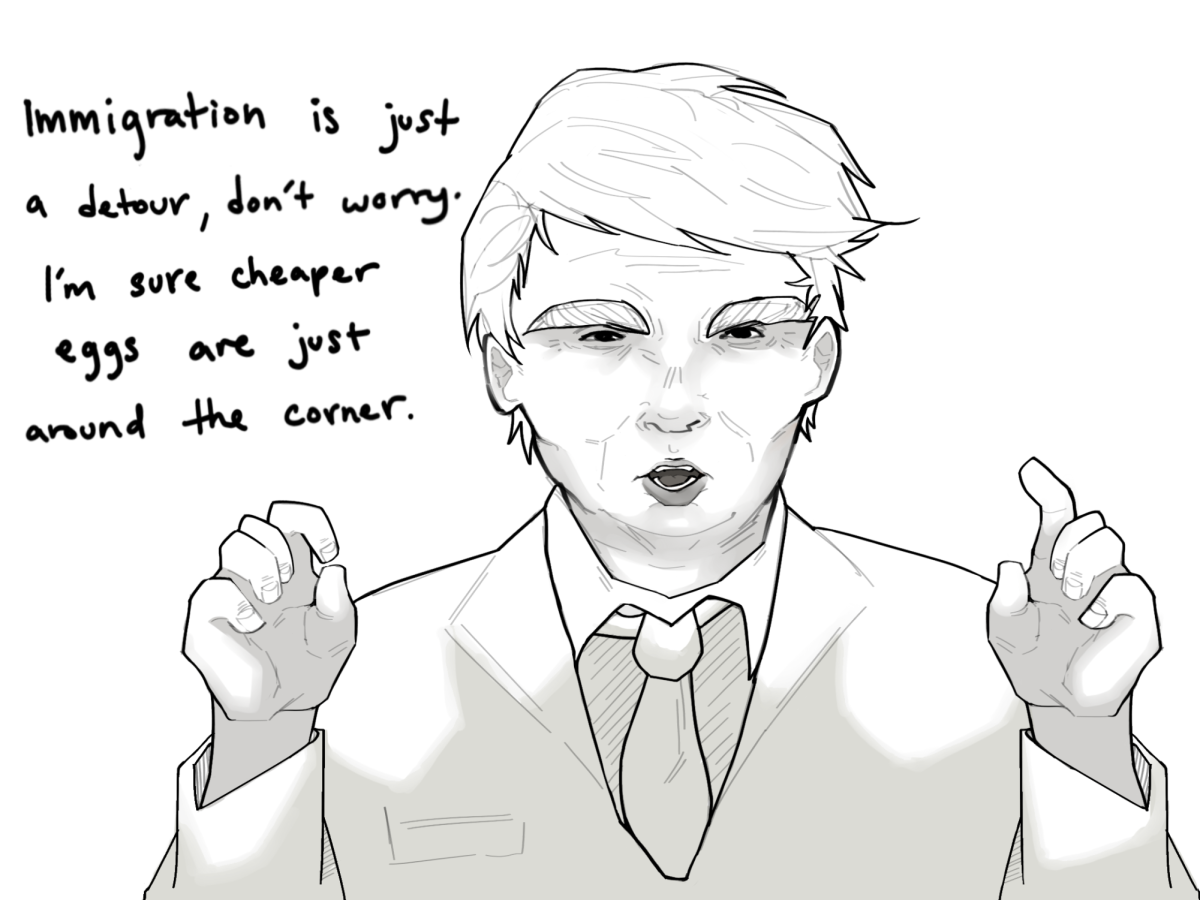
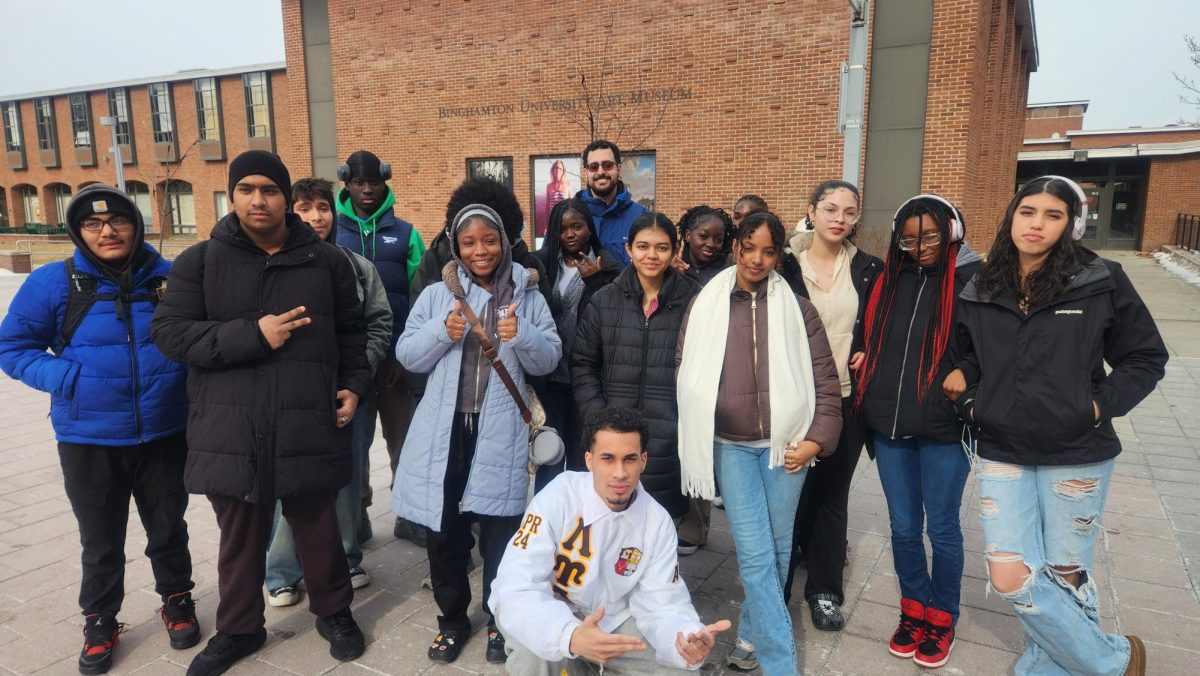

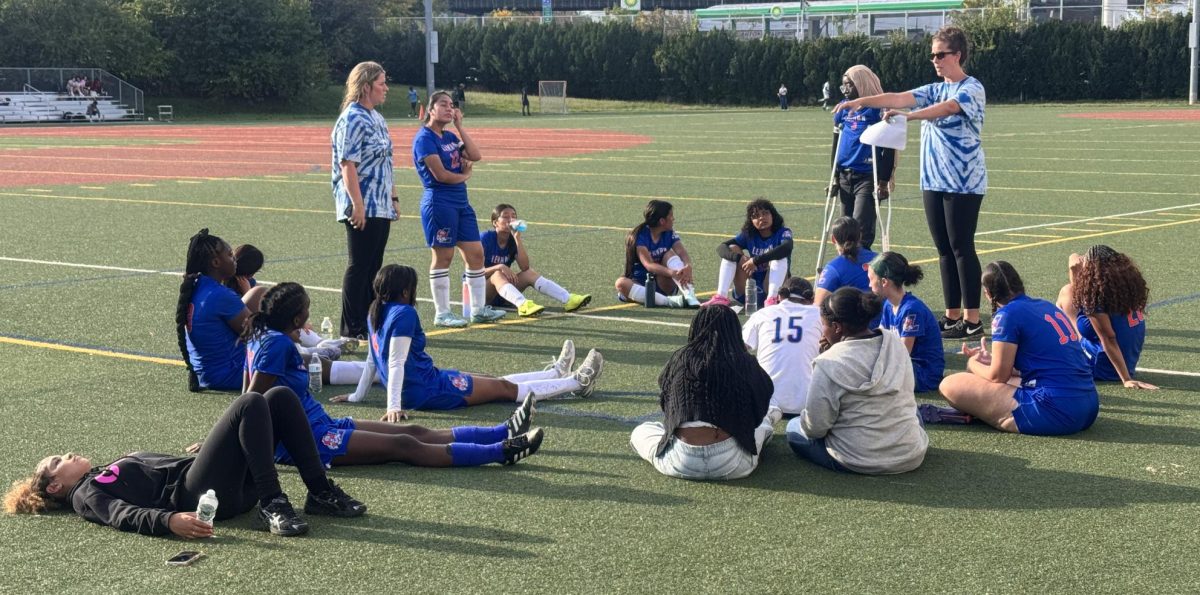
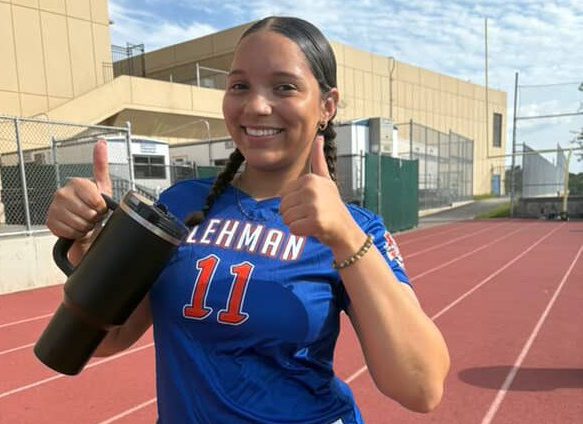
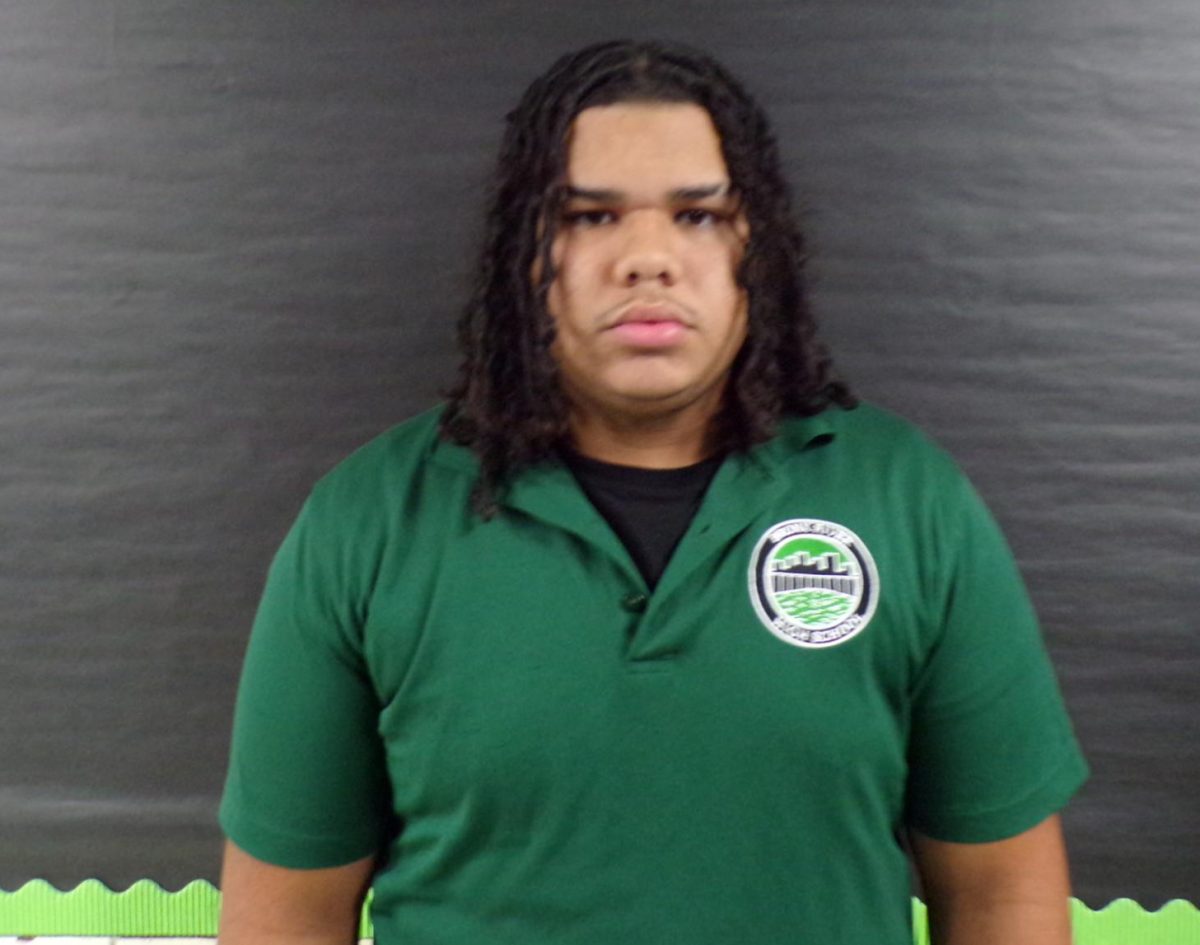


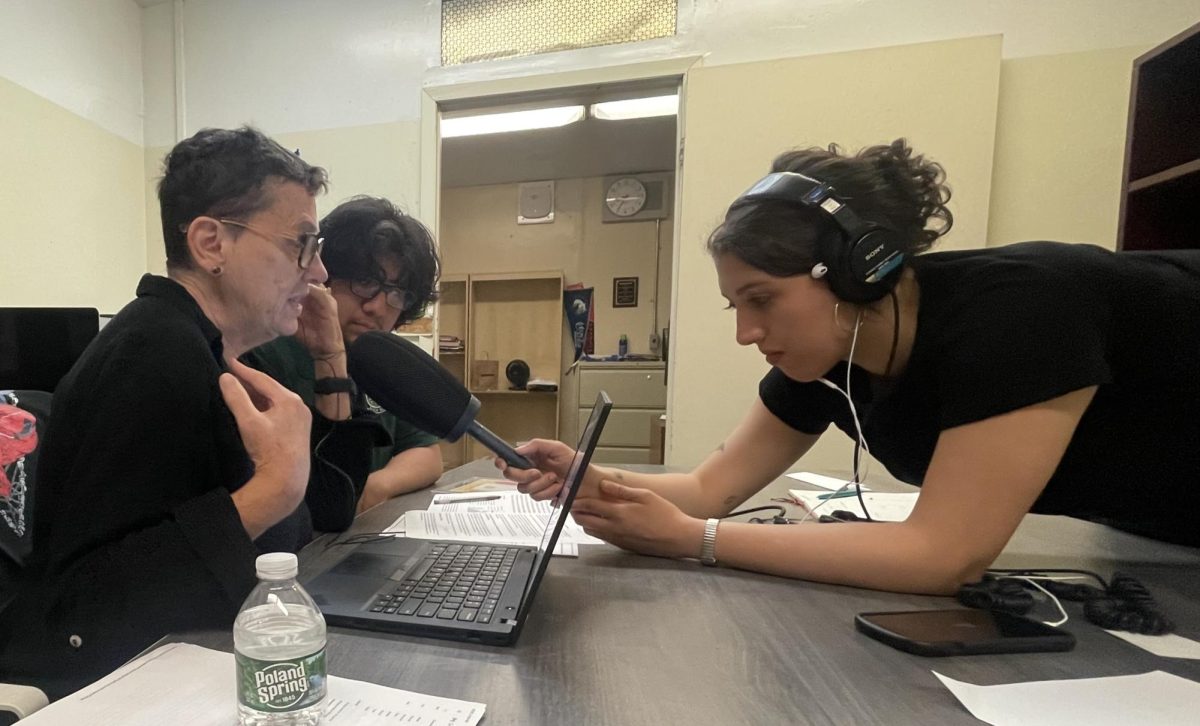
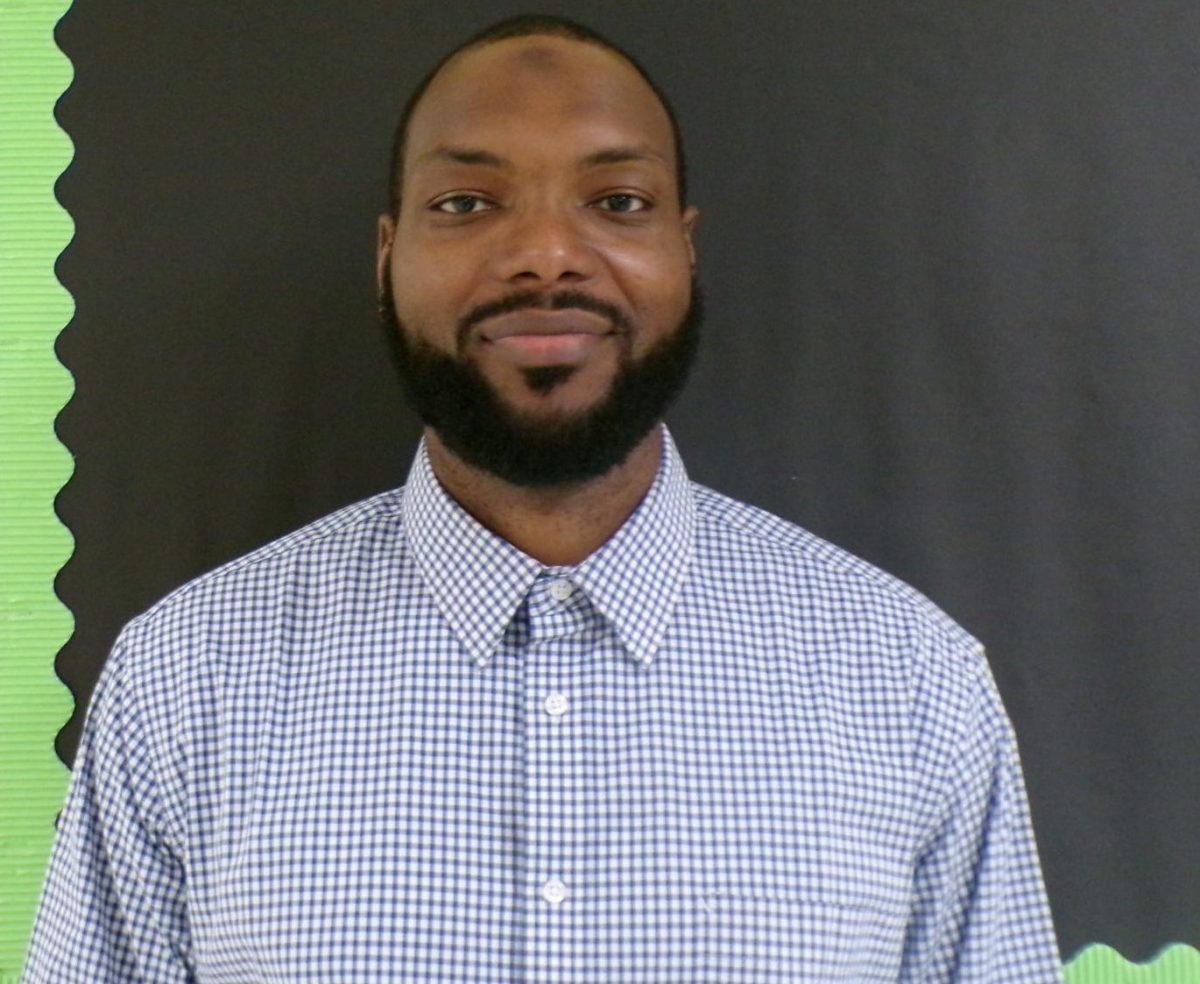
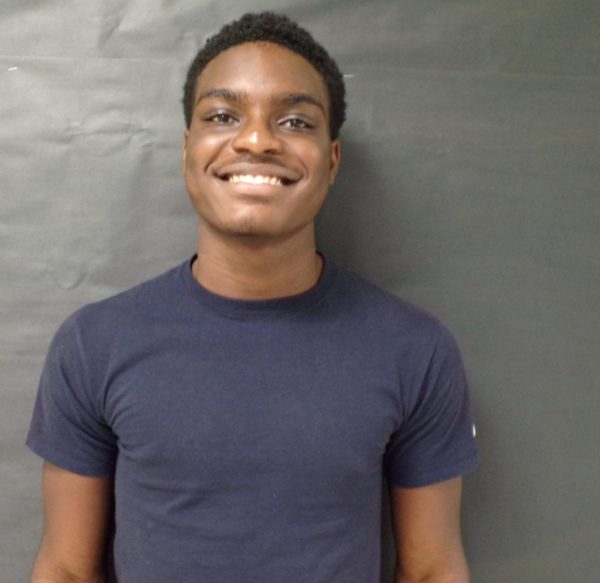
Mr. Dio • May 22, 2025 at 5:08 pm
Good journalism is more important than ever before, and kudos to our fantastic BRHS Newspaper staff for always going above and beyond to keep our school community apprised of what’s happening on and beyond the campus!